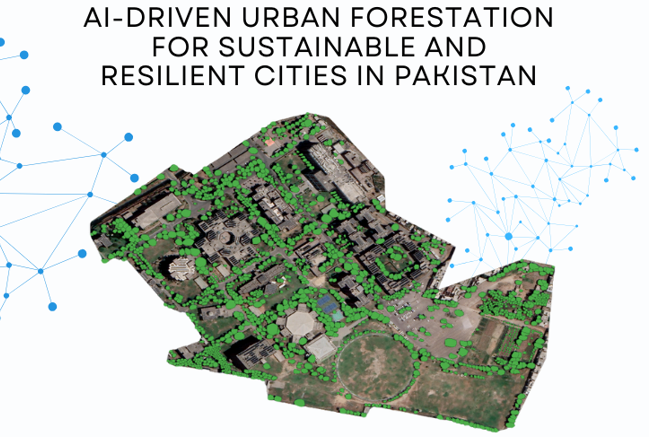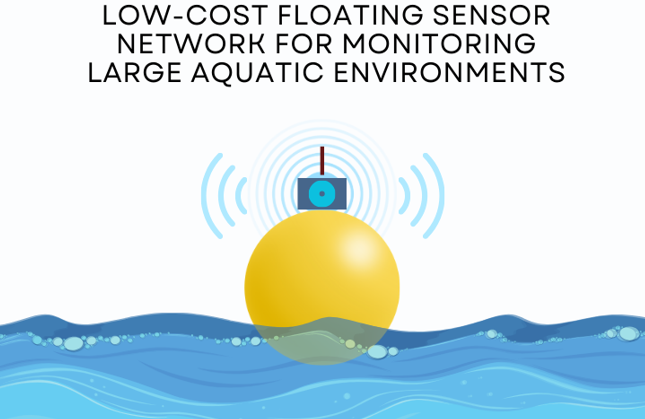Winners of the Third Cohort 2025
The winners of the Third Cohort of the Khalid and Mussarrat Aziz Research Grants for Planet Earth are:
Brief summaries of the funded proposals are given below:
AI-Driven Urban Forestation for Sustainable and Resilient Cities in Pakistan
Dr Zubair Khalid
This interdisciplinary project, “AI-Driven Urban Forestation for Sustainable and Resilient Cities in Pakistan,” integrates Earth data, machine learning, and ecological modeling to optimize urban green infrastructure in rapidly urbanizing cities. Leveraging multi-resolution satellite imagery, demographic datasets, and environmental metrics, the team will develop AI-driven tools to map tree canopies, select climate-resilient species, monitor tree health, and simulate forestation impacts on air quality, heat island mitigation, and carbon sequestration. The research aligns with SDG 11 (Sustainable Cities) and addresses Pakistan’s urgent urbanization challenges (4% annual growth rate). Key deliverables include an open-access AI toolkit for spatiotemporal analysis, evidence-based policy frameworks, and case studies demonstrating scalable solutions for Lahore and Islamabad. By combining deep learning, remote sensing, and stakeholder engagement, the project aims to transform urban planning through data-driven decision-making, fostering ecological resilience and improving public health outcomes in cities of the Global South.
Low-Cost Floating Sensor Network for Monitoring Large Aquatic Environments
Dr Talha Manzoor

Effective monitoring of Pakistan's diverse water resources is crucial for flood prediction, water management, and quality assessment. However, the spatial and temporal variability of water properties across large water bodies presents significant challenges. This project addresses this challenge by developing a cost-effective, floating wireless sensor network (WSN) for localized water monitoring. Utilizing mobile sensor nodes that drift with water flow, the system overcomes logistical limitations associated with static sensors. Key innovations include: (1) node redundancy to mitigate data loss due to lost sensor nodes, achieved through inter-node data replication and environment-friendly node materials; (2) robust localization algorithms that integrate intermittent GPS data with relative distance measurements, enabling accurate positioning even with limited GPS availability; and (3) reconstruction of the water's absolute velocity field by combining node movement data with optical flow analysis from an onboard camera, accounting for surface drift. This WSN, built from low-cost, off-the-shelf components operating on license-free frequencies, incorporates relevant sensors to provide time-varying data for aquatic environments. The flexible hardware design allows for additional sensor integration, expanding applications to industrial waste monitoring, ecosystem analysis, and river morphology. This project aims to provide a readily deployable, scalable solution for comprehensive hydrological monitoring in Pakistan, addressing critical gaps in current water resource management practices.

